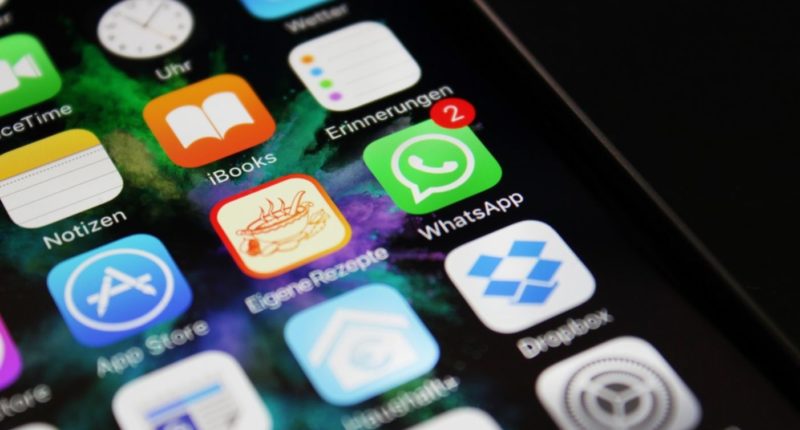While governments globally struggle to fight the human side of coronavirus pandemic, there is the internet side as well, which needs some fighting. Rampant misinformation about COVID-19, its cures, symptoms etc. has become prevalent, despite efforts from multiple stakeholders to curb the same.
Whatsapp and other social media sites are the hub of viral forwards that usually contain the said misinformation. But social media platforms have taken steps to limit the spread, and at least some of them have started to show some positive result.
Earlier this month, Whatsapp rolled out a feature to that further limited forwards to tackle the spread of misinformation. The feature limits forwards to only one contact at a time. A month after announcing the feature, the Facebook-owned messaging app claims that positive impacts are already visible. The company has recorded a 70% drop in the spread of highly forwarded messages. According to Whatsapp, any messages forwarded to five or more contacts at a time, fit the category of a “highly forwarded message”.
While the end-to-end encryption of the app prevents it from reading the content of messages sent, Whatsapp relies to the metadata to analyse the spread. Whatsapp’s efforts to curtail misinformation had begun in 2018 when the messaging app limited forwards to only five contacts. This reduced the volume of forwarded messages by 25% globally. Earlier in 2019, the app began to label messages with double arrows to indicate that they were forwarded. Whatsapp may also soon introduce a feature that allows users to verify messages they receive on Google.
World’s largest instant messaging platform has taken several other efforts to help in the global fight against coronavirus pandemic. Whatsapp has been used in a positive way to organise public moments of support for front line health workers or spread authentic information. Whatsapp has also helped several governments deliver authorised information to the public.
The Tech Portal is published by Blue Box Media Private Limited. Our investors have no influence over our reporting. Read our full Ownership and Funding Disclosure →





